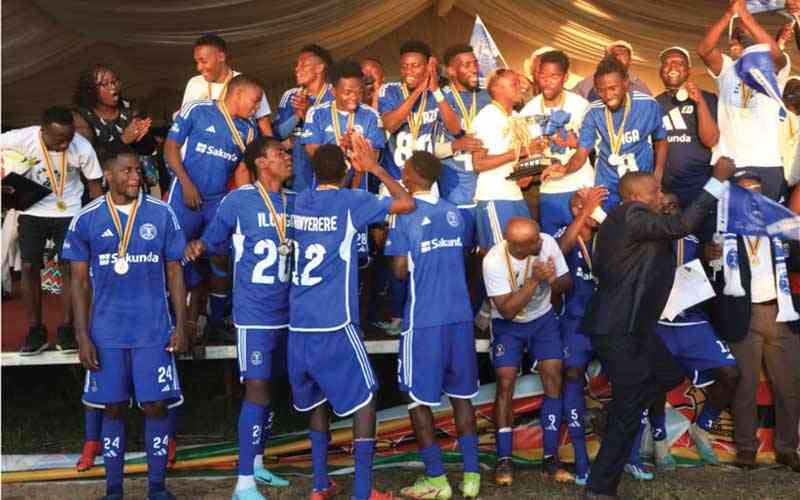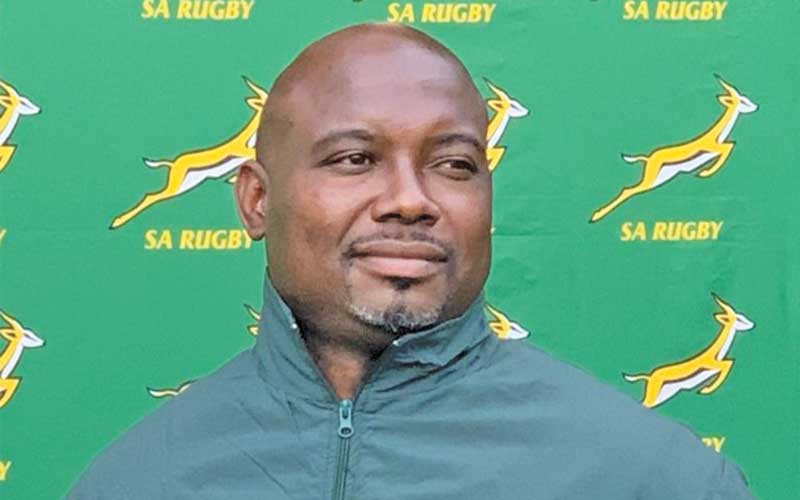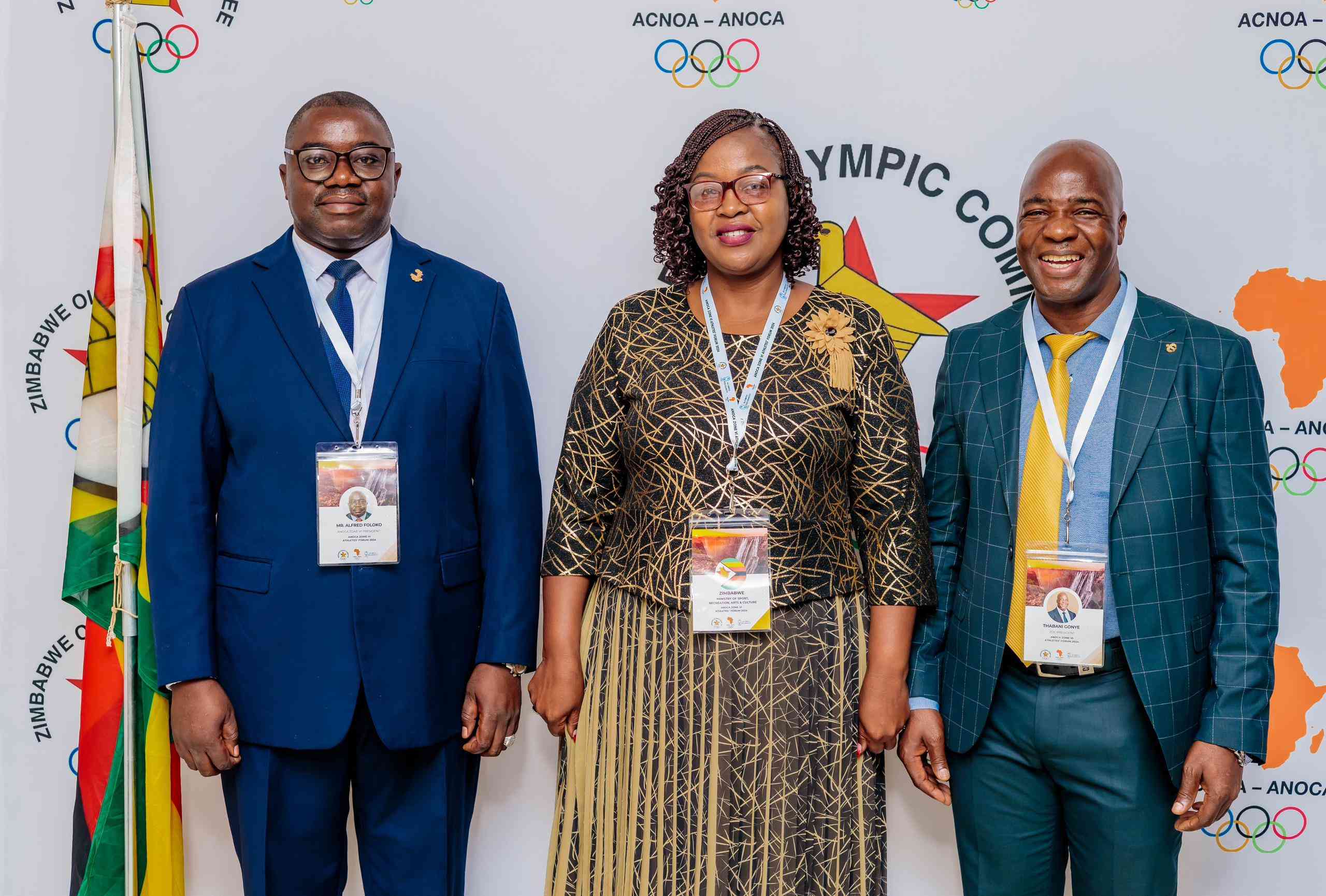
ETON DORNEY, England — Rachel Davis and Micheen Thornycroft may not have a lot of government funding, corporate sponsors or Olympic experience. But they have an awful lot of friends.
Davis, a Cambridge-raised rowing coach and Thornycroft, her Zimbabwean rower, are quite possibly the most well-liked pair at Eton Dorney, the historic countryside course that is the rowing venue at the London Olympics.
When Thornycroft showed up at the Olympics last week, her boat was missing in transit. So her Brazilian opponent loaned the rower one until hers arrived, five days later.
It’s been that way pretty much since the cash-strapped duo from the African country started showing up on the international circuit, trying to work their way to London.
Other teams found themselves doing favours for the likable pair, whether it was lending equipment or trailers, giving them a place to stay or helping them find sponsors.
“We’ve had some tough times, but the other nations have stepped in and helped us,” Thornycroft said.
“I’m setting up on the start line, and I feel like all those girls, they’re my friends.”
So much for cutthroat competition. Davis and Thornycroft have been laughing and smiling their way through their first Olympics together, and winning over rivals as they go. On Tuesday, the Zimbabwean-born athlete just missed her shot to advance to the semi-final round in the women’s single sculls at the Olympics. Now she’ll drop down and compete in a lower classification that doesn’t give out medals.
- Chamisa under fire over US$120K donation
- Mavhunga puts DeMbare into Chibuku quarterfinals
- Pension funds bet on Cabora Bassa oilfields
- Councils defy govt fire tender directive
Keep Reading
But that’s fine with her and her coach, who met at a private school outside Harare where the Canadian was teaching. The Olympics, they say, shouldn’t just be about winning at all costs.
“I feel like we embody what the Olympic spirit is all about. When we walk into a room, we’ve had so many connections with most of the countries,” Davis said.
“We’re often the cheery face that picks other athletes up when they’re feeling down.”
That happy-go-lucky approach seems to be missing from some of the bigger rowing nations in London, with their deep pocketbooks and heavy sponsorship deals weighing them down with expectations.
“There’s a lot of athletes out there that have forgotten why they do this. I think we’ve had the opportunity to show them at this level it doesn’t have to be all about sacrifice, hard work and drudgery. We do it because we choose to do it.”
Out at Eton Dorney this week, Davis was speeding alongside the rowing course on a bicycle, doing split-times on her watch and shouting out encouragement as a packed grandstand roared their approval to the racers on the water.
“I love to watch her race, and to be in this environment. We’re enjoying the ride,” Davis said. The pair’s unlikely journey to the Olympics, often scraping by on the generosity of others, has won them plenty of fans in international rowing circles. Much of the gear they compete in has been gifted from others.
Even the race suit that Thornycroft wears as she competes in London was donated by Regatta Sport, a Canadian company.
Their whole story seems like an improbable dream come true. Zimbabwe, a landlocked African country, is known for a few things — but rowing certainly isn’t one of them. To get here, Thornycroft and Davis trained at a dam north of the capital, dodging hippopotamuses and crocodiles while their lake dried up in drought.
They’re having such a blast, they’re already talking about doing it all over again for the 2016 Games in Rio de Janeiro.
“This means everything to me. It’s all I’ve ever wanted. Zimbabwe is tiny, but we’ve got so much support all over the world. Our support base has grown,” Thornycroft said.
“Me and Rachel have just had so much fun, I want to carry on. I love it, it’s been the best year, ever.” Thornycroft credits her coach with sacrificing her job, family time and money to get here. Davis’ father, David Fallows, meanwhile, paid for plane tickets to send her three kids — Jessica, Sean and Samantha to London to see their mother at work. Davis, who isn’t paid to coach Thornycroft, simply does it because she loves what’s she’s doing, her rower said.
Back when she was known as Rachel Fallows, Davis was a star athlete at Preston High School in basketball, soccer, volleyball, track and field and cross-country running. She took up rowing at Carleton University, and was sent to Zimbabwe in 1996 by FISA, the international rowing organisation. Her mission was to spread the sport in the African country. She’s never left and is still working toward that goal today.
Her impact in Zimbabwe’s fledgling rowing community has not gone unnoticed. Another one of her former students, 19-year-old James Fraser-Mackenzie, also qualified for the 2012 Olympics in rowing, although he’s moved his training to a private school in England. Thornycroft isn’t the first rower from Zimbabwe to compete in the Olympics, but she’s the first to earn her way there. Three others have competed before her, but only in showcase events or on invitation from the International Rowing Federation.
Peter Cookson, Rowing Canada’s director of high performance, said Davis’ work to get two Zimbabwean rowers to the Olympics is remarkable. “To get two athletes here is pretty extraordinary,” he said, after a race at Eton Dorney.
“The thing about Zimbabwean kids is they’re extremely tough. They’ll go to any means to accomplish their goal. Rachel, as a Canadian, has a similar ethos in terms of ‘hard work gets you places.’ She’s brought that up there.”











